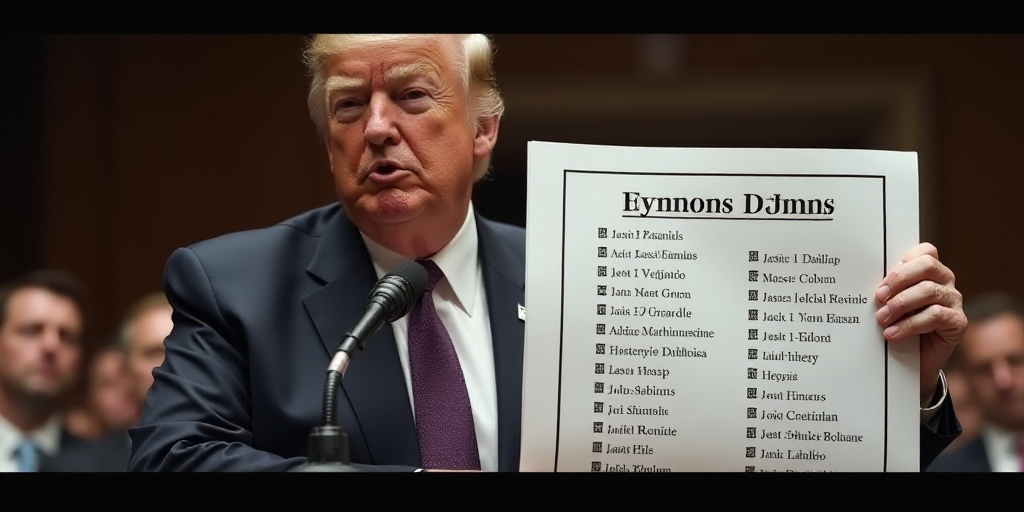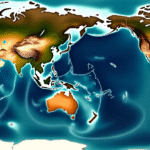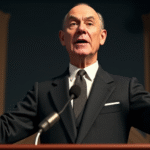Overview of the Agreement
On Monday, the United States and China announced a 90-day truce in their trade war, signaling a de-escalation in their ongoing dispute. This agreement will reduce mutual tariffs by 115 percentage points for a period of 90 days, as detailed by US Treasury Secretary Scott Bessent and Trade Representative Jamieson Greer.
Under this new arrangement, Chinese products imported into the US will face a 30% tariff, while US goods imported to China will be subject to a 10% tariff.
Immediate Market Reactions
Following the announcement, the Hong Kong stock market saw a more than 3% gain, and the US dollar appreciated against both the Japanese yen and the Euro.
Background on the Trade War
The trade war between Beijing and Washington escalated in early April when US President Donald Trump imposed a series of tariffs specifically targeting China. In response, China implemented harsh retaliatory measures.
Since the beginning of 2018, the US has imposed a total of 145% tariffs on Chinese imports, with certain product categories facing an astounding 245% cumulative tariff rate. China retaliated by imposing a 125% tariff on US products, causing bilateral trade between the world’s two largest economies to stagnate.
“Great Respect” and Negotiations
The two-day negotiation in Geneva, Switzerland, involved US Treasury Secretary Scott Bessent and Trade Representative Jamieson Greer, along with China’s Vice Premier He Lifeng. Both parties expressed “great respect” for the negotiations, emphasizing that neither side desires an economic breakdown.
He Lifeng had previously reported on Sunday about “significant progress” following two days of talks described as “frank, deep, and substantial.”
“Important Step”
The World Trade Organization (WTO) Director-General Ngozi Okonjo-Iweala stated before the announcement that discussions between Beijing and Washington represented “a positive and constructive step towards de-escalation.”
These negotiations took place at the luxurious residence of the Permanent Representative of Switzerland to the UN in Geneva.
Key Figures and Context
President Trump claimed on Saturday that significant progress had been made during the first day of closed-door talks. This dialogue marks a high-level meeting between the two nations since Trump’s return to the White House, where he initiated an offensive of tariffs aimed at countering what he perceives as unfair trade practices and safeguarding US jobs.
According to a statement posted on Truth Social, the contact established in Switzerland is “an important step towards resolving the issue.”
Vice Premier He Lifeng entered negotiations with confidence, as China’s exports rose by 8.1% in April—four percentage points higher than analysts’ expectations.
Experts attribute this unexpected performance to a redirection of Chinese trade towards Southeast Asia in an attempt to circumvent US tariffs.
Gary Hufbauer from the Peterson Institute for International Economics (PIIE) notes that some more moderate members of the Trump administration, including Bessent and Commerce Secretary Howard Lutnick, recognize that “China is better prepared than the US to handle this trade war.”
Key Questions and Answers
- What is the agreement about? The US and China have agreed to a 90-day truce in their trade war, reducing mutual tariffs by 115 percentage points.
- When does this truce take effect? The tariff reductions will be in place from “now until May 14th,” as stated in the joint announcement.
- What are the new tariff rates? Chinese products imported into the US will face a 30% tariff, while US goods imported to China will be subject to a 10% tariff.
- Who participated in the negotiations? The negotiations involved US Treasury Secretary Scott Bessent, Trade Representative Jamieson Greer, and China’s Vice Premier He Lifeng.
- What was the market reaction to the announcement? Following the news, the Hong Kong stock market saw a more than 3% gain, and the US dollar appreciated against both the Japanese yen and the Euro.
- What sparked the trade war? The trade war began in early April when US President Donald Trump imposed tariffs specifically targeting China. In response, China implemented harsh retaliatory measures.






